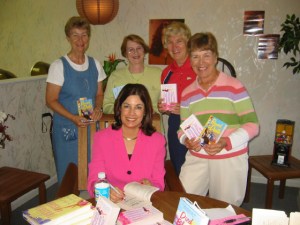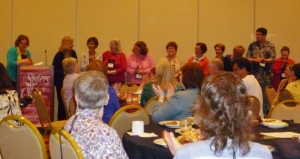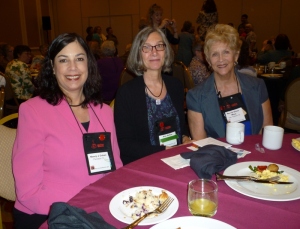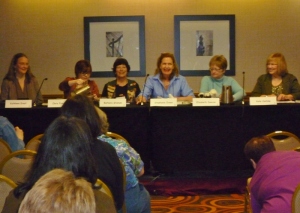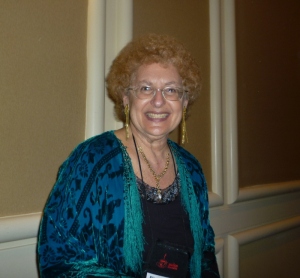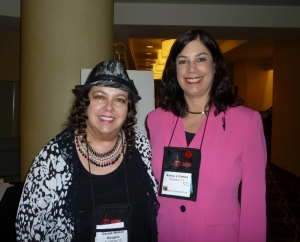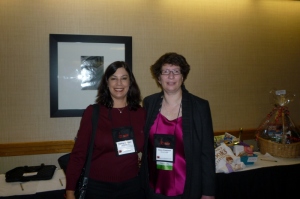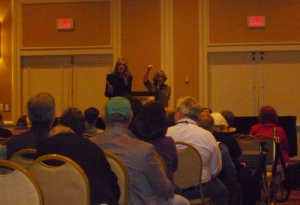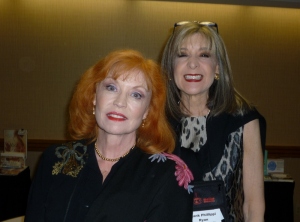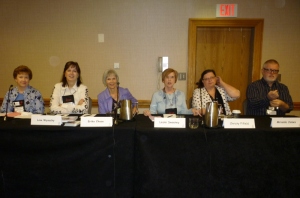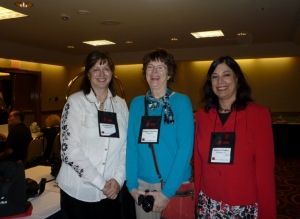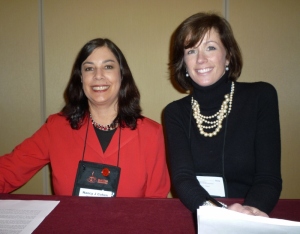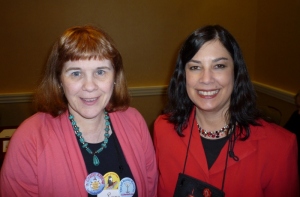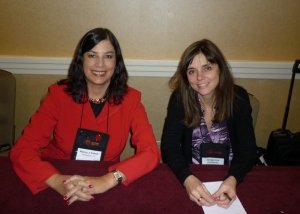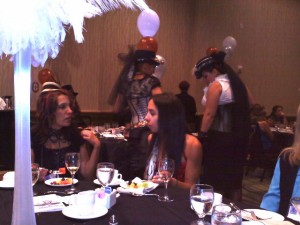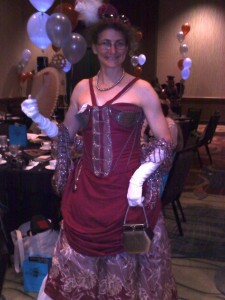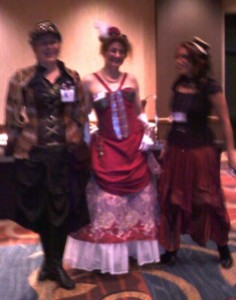Recently, I’ve been judging writing contest entries. Below are some of the common problems I have discovered among these manuscripts. Out of several entries, only one passed muster. It was well written, kept my interest, had an interesting “voice” and an intriguing premise. I’d read this book if more was available.
The other submissions, however, were painful to get through. Here are some of the problems I encountered so you can avoid them in your work. I use the pronouns “he” or “she” interchangeably as this advice applies to readers and writers of both genders.
Establish the Setting Up Front
As soon as possible into the story, establish the place, season, and time of day. Remember your Who, What, Why, Where, and When. Try to work these into the opening pages unobtrusively. Example: Crickets chirped their nightly chorus, the music of summer. Or: Late afternoon sunlight glinted off an icicle hanging from the roof. Also, don’t mention a street name or landmark and assume the reader knows where this place is. Be specific and give a location.
Make Your Characters Likeable
Remember to address your character’s goals, motivation, and conflict. If you show her acting in an unfavorable manner, what made her that way? Motivate her behavior so the reader understands where she’s coming from and sees the light at the end of the tunnel with character growth by the book’s end. Give her redeemable qualities so we can like certain aspects of her. If not, the reader won’t care and that’s the death knoll to your story.
This also applies to the anti-hero. What makes him redeemable? Why should I, the reader, care about him? Also, what does your character want? If he wanders aimlessly through life with no particular goals, that makes me as a reader less interested in him. Unless, of course, you give me a reason why he behaves that way. Maybe he lacks confidence in himself because of a past event. Maybe he’s afraid of failure. Knowing this will make me more sympathetic toward him.
Watch Your Use of Bad Language
The occasional curse word may be acceptable for a romance hero who’s a hard ass or for a heroine in the urban fantasy genre or for guy fiction in general, but elsewhere it may raise a reader’s hackles. It can also turn off some readers completely, so this language should be sprinkled in judiciously, if at all. Add it only if it helps to define a character, not because it’s the way you speak or because you believe it makes your protagonist seem tough. Always ask yourself: is this necessary? If not, leave it out. Or deploy a substitute, like “frak” on Battlestar Galactica. If writing sex scenes, consider the subgenre. Certain words that may be acceptable for erotica might be too graphic or crude for readers with more delicate sensibilities, especially those who read romances more for the stories than the love scenes. Remember the old adage: Less is better, especially if you want to expand your readership.
Show, Don’t Tell
To keep the pace flowing, use mostly dialogue and action and minimal exposition. If you have long passages where nothing happens except the protagonist thinks to herself or explains to the reader what happened, the story comes to a dead halt. You want to imbue a sense of immediacy in your story, and that won’t happen unless you involve the reader. Telling me what is going on isn’t nearly as gripping as showing me. Each chapter should start and end with a hook. Again, long meandering passages of narration will not encourage the reader to turn the page and may put her to sleep instead. Also keep in mind that reader attention spans are shorter today. What worked in past prose doesn’t work in this age of technological marvels.
Save Flashbacks for Later
The first chapter is your only chance to grab the reader so she’ll continue your story. If you segue into a flashback, the forward momentum is lost. Who cares what happened in the past? Throw in a line or two in dialogue or introspection to show us and then move on. Or make it part of the story action, like in a confrontation with a friend or a hesitation on the part of the main character to perform some act. Work backstory in with minimal intrusion in your first few chapters. Flashbacks will kill pacing, so again, remove those long passages of remembrances. Only retain what is necessary to explain the current action. Later, after you’ve hooked the reader, you can work this info into the story, hopefully through dialogue.
Every Conversation Should Have a Purpose
When I say that you should use dialogue generously, I don’t mean that two friends should get together and chat meaninglessly on matters that don’t move the story forward. Dialogue should serve a purpose: reveal information, define character, move the plot ahead, offer reaction and reflection on what’s just occurred. So ask yourself as you approach a conversation, what do you want to get across in this segment? If you don’t have a point to make, delete the scene.
Proofread Your Work
Would you send an editor a manuscript that you haven’t read through to check for typos? No? Then why send one to a contest where mechanics are judged? Proofread your work for typos, dropped punctuation marks, repetitions and misspellings.
<><><>
Most of the entries I’ve read have been competently written. In some cases, the author’s voice comes through as distinctive and engaging. However, the writing itself isn’t the problem. It’s the content— in particular the pacing, structure, and/or character motivations. Does a crisis or a change happen to the character at the start so that she (or he) experiences a call to action? Does the story move forward from there? Or does it stumble while you detour into a long introspection or memory sequence? Do you involve the reader in the action or tell us what happened? Is your character passive or proactive? Have you done all you can to attract new readers and not repel them with questionable language? Reread your first three chapters. If you were an editor, would you want to read more?

